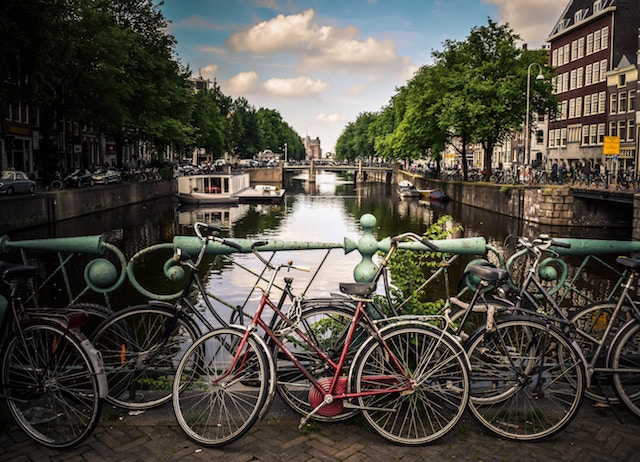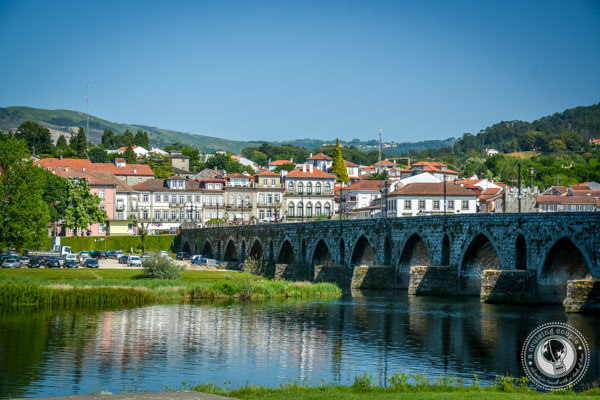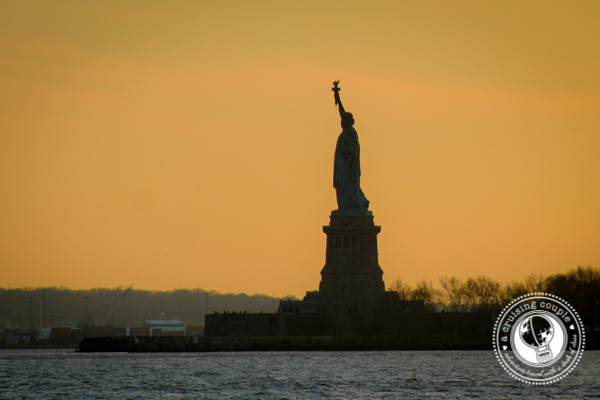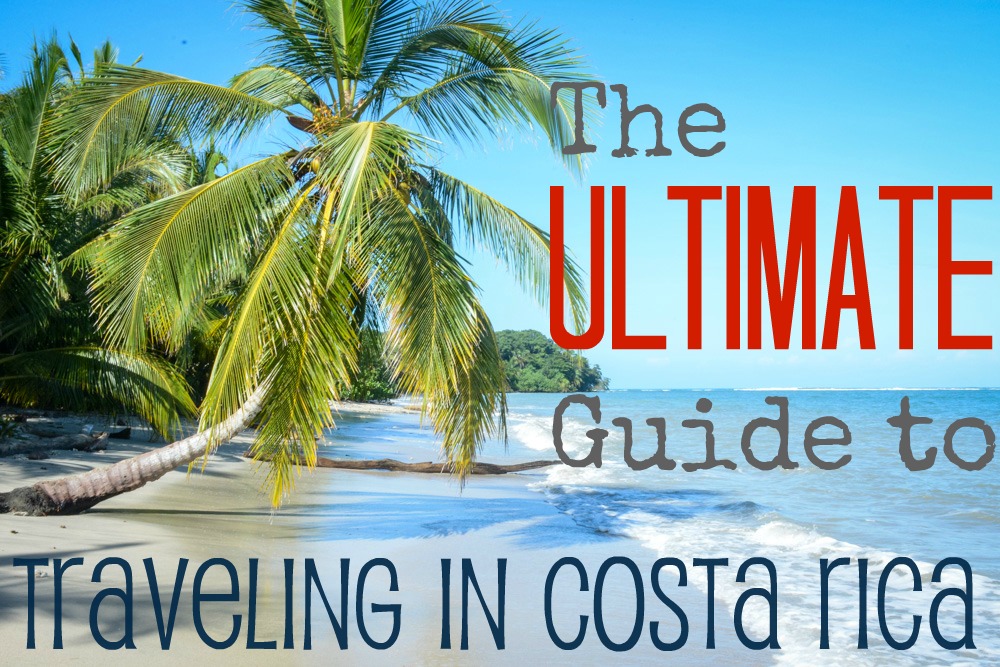
The Netherlands no longer wants to be called Holland. The Western European country, which includes the popular Dutch region, decided to drop the name as a part of the new rebranding program created to attract more visitors to distant regions and to give tourists the right message.
The government of the Netherlands wants to reinvent the nation and to introduce the country not only by the famous capital Amsterdam but also by commerce, arts, science, and food. Country’s Board of Tourism and Conventions has also changed the traditional symbol – a tulip with the word ‘Holland’ for the orange tulip with NL initials.
It turns out that the country more known for drugs and sex has the most competitive economy across Europe and occupies fourth place in the world by trading volume. So what should we know about the Netherlands and how the changes will impact tourists and citizens?
The history behind the name
The Netherlands means ‘low countries’ and was first used over 200 years ago after Napoleon’s army was defeated at the Waterloo Battle. But ever since Holland has become the most popular and widespread name of the country.
However, the Netherlands consists of 12 provinces and only two of them are called Holland –North-Holland (where Amsterdam is situated) and South Holland, which includes Hague and Rotterdam. This region has been separated since 1840. By the 17th century, it has become the heart of the Dutch Republic and made Amsterdam the main trading center of Europe. According to Encyclopedia Britannica, such commercial predominance explains why the present Kingdom and Republic are still called Holland.
Tourists are not welcomed
While countries worldwide are doing everything they can to attract more tourists, the Netherlands has created a plan to actually reduce the number of visitors. According to the latest estimates, the number of guests will increase from 18 million in 2018 to 29 million in 2030. That is why the country’s tourist board is greatly concerned and wants to limit incoming guests.
The strategy has already been documented and suggests active measures on trying to turn tourists from visiting particular areas by closing certain attractions and introducing a new tourist tax. Lives of the locals are under pressure and the government can’t neglect such a problem.
Amsterdam is home to over 1 million people and it attracts almost 18 million visitors a year including locals and day-trippers. The increasing number of visitors impacts consumption, food waste and of course pollution. Crowds greatly harm nature and the environment. With the implementation of restrictions, there is hope for positive changes in regulating online gambling in the Netherlands, which will give providers more space.
So what do the numbers say? In 2020 the inbound tourism will be growing at a fast speed and the number of tourists may reach 21,2 million. Most of the travelers still come from Germany and in 2019 around 5,3 million Germans have visited the Netherlands. Together with British and Belgian they account for 50% of the total visiting tourists.
However, we shouldn’t forget that tourism is an important income item for the Netherlands. According to official estimations, in 2017 tourists have spent around 72 billion euros not taking into account additional expenditure. Local tourists have spent 42 billion euros, while foreign tourists – 30 billion euros, which is twice more than was spent in 2010.
Most likely the Netherlands will have to come up with a viable strategic plan that will allow the country to limit the number of tourists and still receive enough money from other industries. But considering the favorable location of the country, its historical background and pragmatic approach of locals, they will surely come up with the best solution.
Will rebranding change anything?
It is difficult to find a person, who has never been to Amsterdam or at least is not planning to go there. It is a place with multiple attractions for youngsters especially when it comes to sex and alcohol. However, the Netherlands is much more than that and may surprise you with outstanding food, beautiful landscapes, hospitable people, and arts.
We hope that the country’s government will be able to solve the issue and the Netherlands will remain welcoming and cheerful towards foreigners as they are today.



